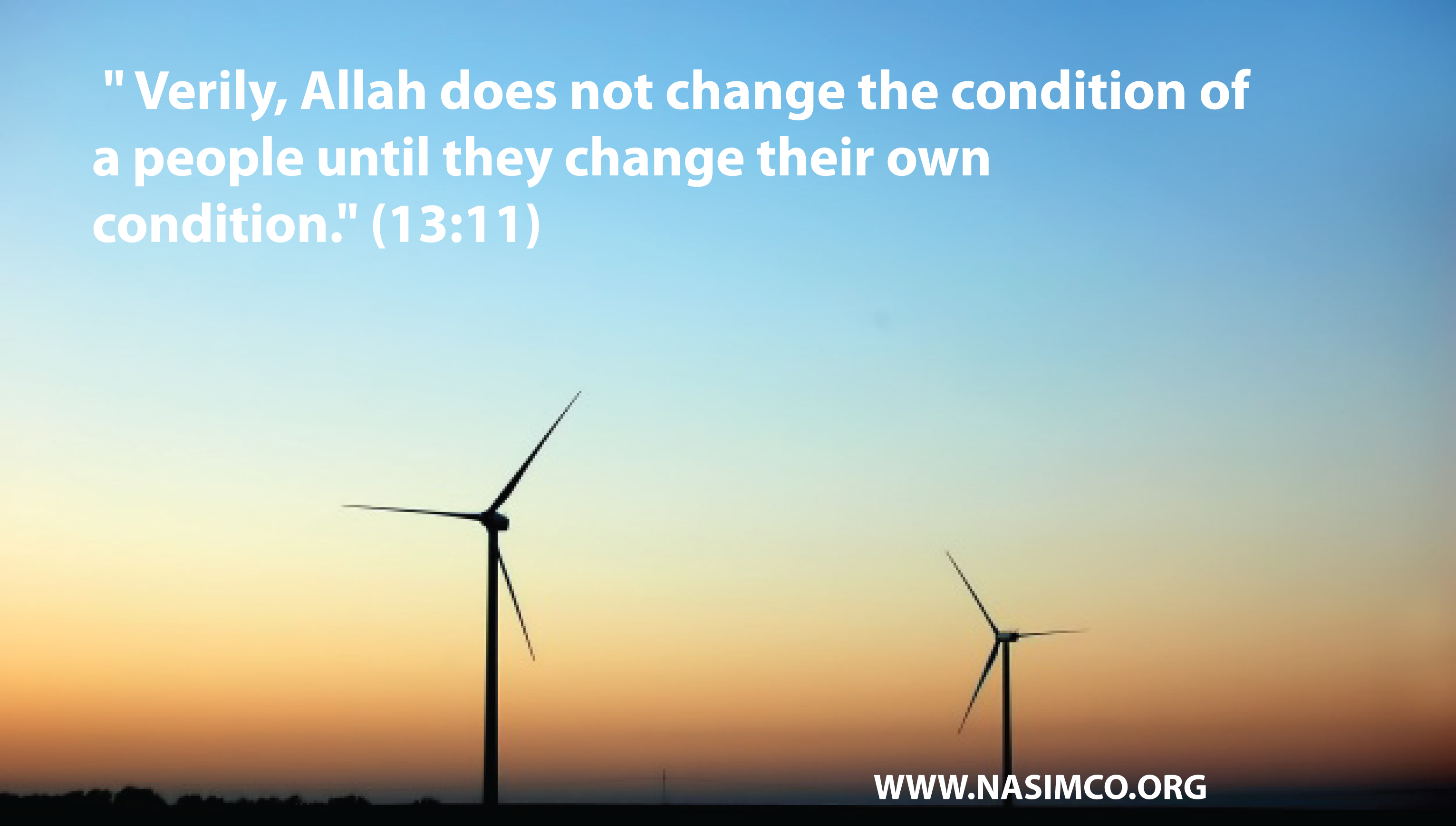
 On the surface, religion is a terribly scary thing. The restrictions and the obligations, the recommendations and the prohibitions—it makes sense why so many are turned off from faith traditions all across the world. It’s likely that most people, young or old, have created a negative image of religion partly due to the fact that “leadership” has painted this scary picture. Unfortunately, a quick scan of our places of worship likely leads us to similar conclusions. Though Islamic tradition emphasizes themes of mercy and compassion consistently, most see God and His beloved Prophet as harsh and wrathful. The reality is that the quality which made the Prophet such an example for his contemporaries and those who reflect on his legacy is his character—“And had you been rough, hard-hearted, they would certainly have isolated you…” (Qur’an, 3:159). The Prophet and his immaculate family were sent to be a guide, and as vessels, for us to attain perfection, and our responsibility is to manifest their qualities and walk in their blessed footsteps.
On the surface, religion is a terribly scary thing. The restrictions and the obligations, the recommendations and the prohibitions—it makes sense why so many are turned off from faith traditions all across the world. It’s likely that most people, young or old, have created a negative image of religion partly due to the fact that “leadership” has painted this scary picture. Unfortunately, a quick scan of our places of worship likely leads us to similar conclusions. Though Islamic tradition emphasizes themes of mercy and compassion consistently, most see God and His beloved Prophet as harsh and wrathful. The reality is that the quality which made the Prophet such an example for his contemporaries and those who reflect on his legacy is his character—“And had you been rough, hard-hearted, they would certainly have isolated you…” (Qur’an, 3:159). The Prophet and his immaculate family were sent to be a guide, and as vessels, for us to attain perfection, and our responsibility is to manifest their qualities and walk in their blessed footsteps.
It’s probably not a stretch to say that our teachers, the Prophet and his family, stressed belief and action as two sides of the same coin. Belief in God, His Prophet, and the walaya of the Imams is to walk in their footsteps, and manifest their qualities. Upon understanding what it means to “walk in their footsteps,” or best imitate their character and action, we are able to see with clarity the essence of our faith. As much as religion is about building a vertical link with God, (not literally, of course), there is an incredibly important component which is in terms of building the horizontal connection with the creation. Thus the famous prophetic tradition, “act in accordance with the ethics of God.”(تخلق باخلاق الله).
Islam is meant to be a catalyst for change, a mechanism to make a difference. Yes, a tool to perfect our souls, but at the same time, a means to inspire the hearts around us. Sure, Ahlul Bayt (a) were the best of worshippers and most submissive to their Creator, but their prayers in the darkness of the night facilitated their efforts during the day. They were at the support of those who needed it—whether lending an ear to someone who wanted to talk, or active in their care for the orphans and widows. They stood at the front lines in movements for social justice, while finding the time to preach religion and ideology to their communities. And in spite of all that, they were sure to spend time with their families. The picture they painted of what religion should be is in stark contradiction to what religion appears to be today.
One day, when studying in the Islamic seminary, I recall one of my teachers offering profound advice while sitting in his lecture. He advised, “the most important dua that we need to seek from God is that He allows us to act like the Prophet and his family.” Realizing the significance of such a supplication opens so many doors, most importantly—if I act like them, I will have already attained the best in this life and the best in the next. If I want paradise, that is comprised in illuminating their qualities. And if I want contentment during my day to day grind, I’ll likely find that if I just do the right thing.
What are some practical things we can do?
- Ask God for Help: Like my teacher advised his students, pray that we have the tawfiq or divine providence to actually fill our hearts with the most perfect characteristics. It will require a lot of self-discipline, but we weren’t meant to fend for ourselves. God wants us to be sincere, find Him, and ask from Him to allow our hearts to illuminate the qualities of the Prophet and his family (a).
- Learn their History: The Ahlul Bayt (a) have left behind for us an incredible legacy, and for those of us who are familiar, amongst their biggest challenges were in their dealings with people. From the political elite to their marginalization by other religious factions…it’s important for us to learn about their lives and see how they individually dealt with people. Utilizing such inspiration will potentially be a springboard for our path to perfecting our character.
- Reflect on their Words: The words and traditions of the Prophet and his family are a flood of wisdom that we should fill our hearts and souls with. Subconsciously, the light of their words will illuminate us to the extent that it will most certainly have a direct impact on us.
- Dua Makarim al-Akhlaq: Read, reflect, meditate and contemplate on the words of Imam Ali bin Hussain (a) and let it transform you: http://www.duas.org/sajjadiya/s20.htm